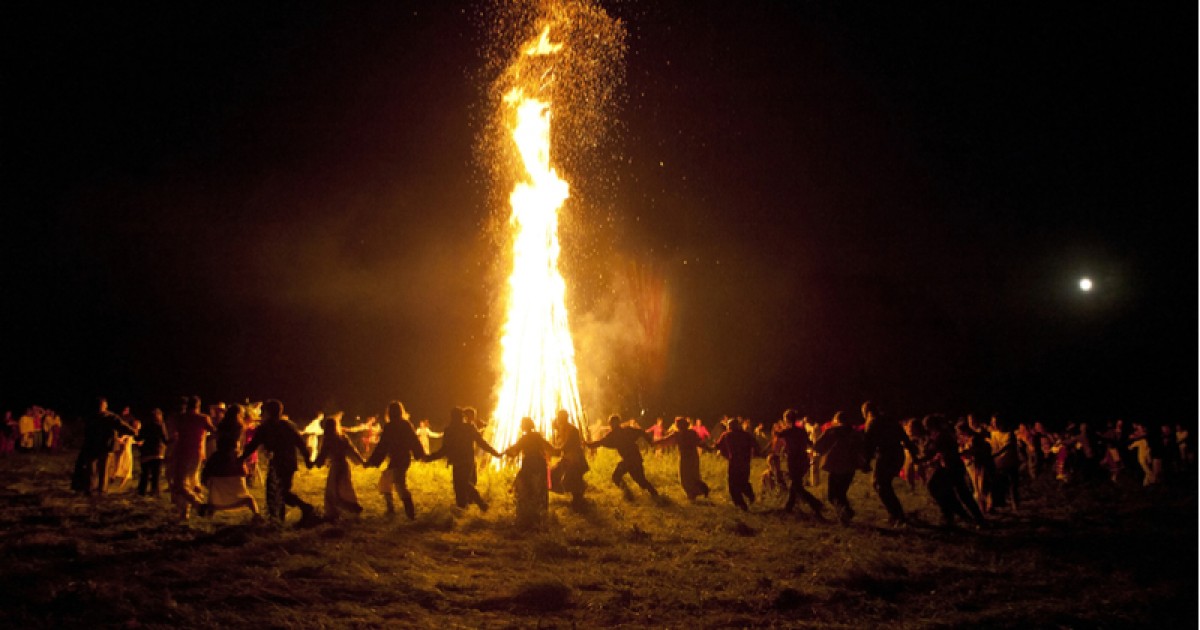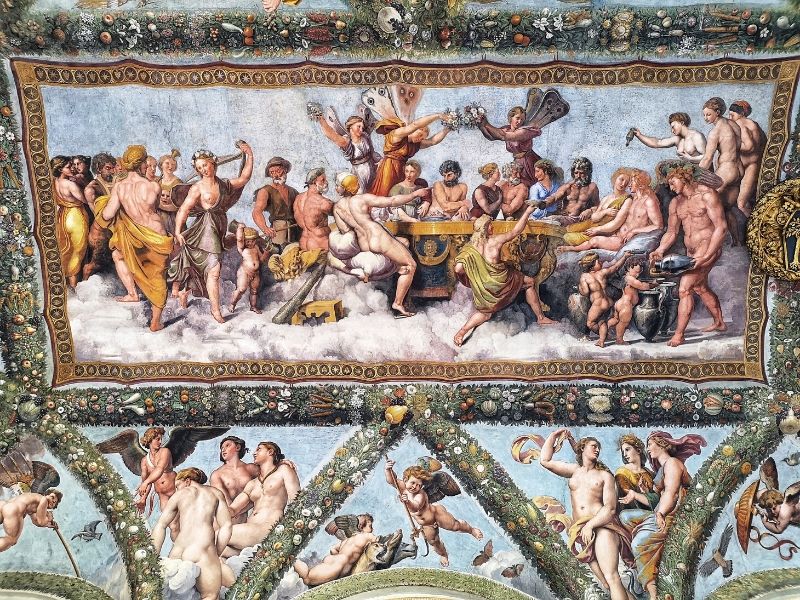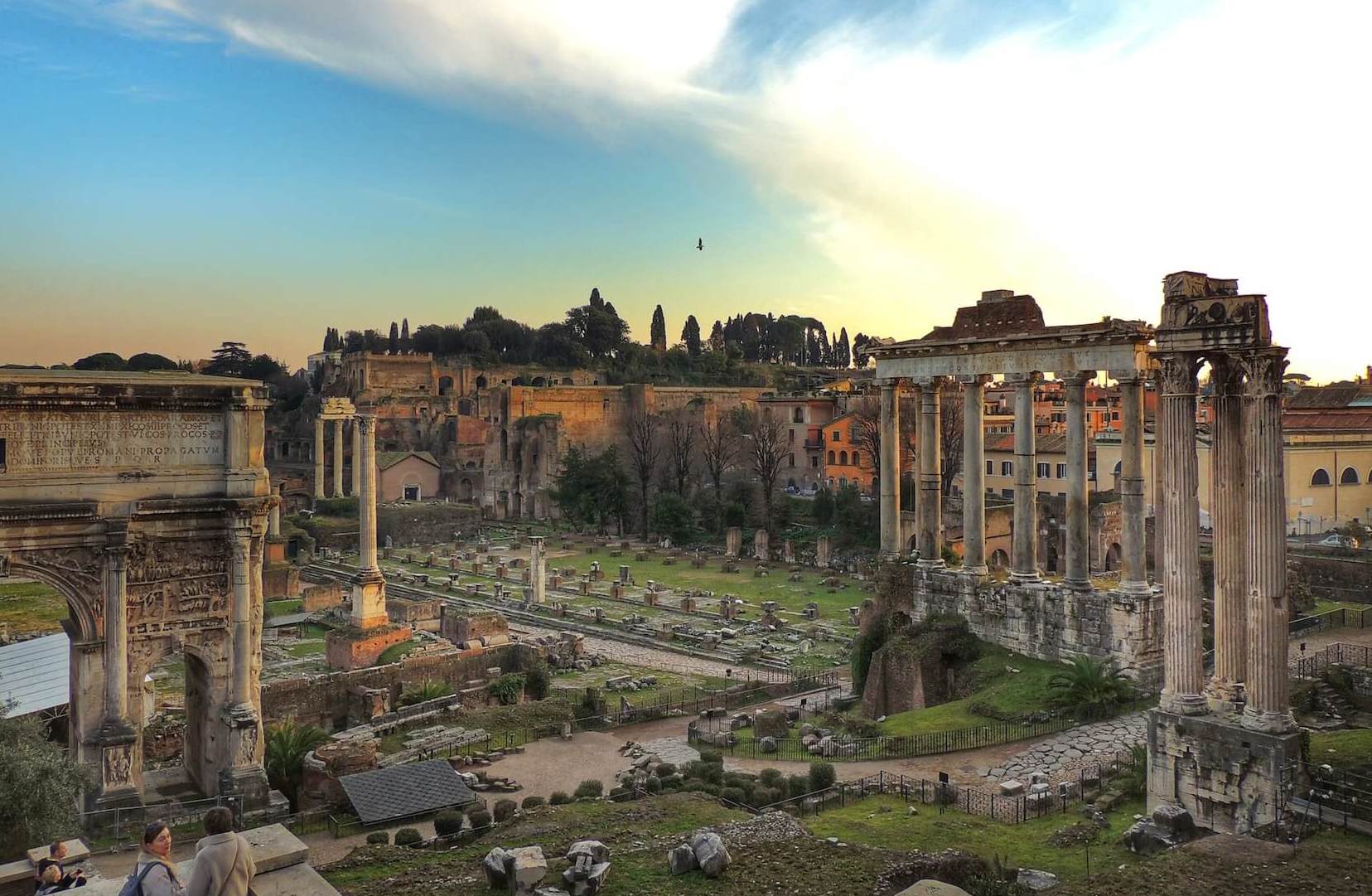Cassandra suggested a thread on this so I am starting one.
why they chose a tie in with a Pagan festival.
Preview in the link says:
NOW~ I have a couple of unexplained questions and this is one of them.... perhap there are some opinions out there.
A. We celebrate the birth of the christ child on December 25 and the date of that never changes from year to year. We also know He was not born on that date nor in the month of December. But world wide
this is an accepted time..... EXCEPT for the Orthodox who celebrate it on Jan. 7 in 19 countries and Jan. 6 in 2 countries.
So why was December 25 picked as there is not one biblical reference that would suggest this.
This link from History.com may shed a light. (It is a very insightful read.)

 www.history.com
www.history.com
It is important to look at the link but I suggest we take one festival at a time and lets try to figure outSounds like a new thread to me, if you are so inclined.
of course the feasts were types. I agree with what you wrote here though.
If you have time (I couldn't figure out the May 1 Labor Day--it is international Labour day) Had to look it up.

7 Pagan Festivals We Still Celebrate Today - Through Eternity Tours
This article explains the origins of a lot of modern festivals. Learn more with Through Eternity Team!www.througheternity.com
why they chose a tie in with a Pagan festival.
Preview in the link says:
Holidays with pagan origins:
When we hear or read about pagan religions and traditions, we automatically think that they’re long gone, things that have absolutely nothing to do with our modern lives.
- Christmas
- New Year’s Day
- Easter
- The Roman version of Halloween
- May 1st - Labor Day
- Epiphany or Three Kings Day
- Saint John’s Eve
But if we are curious enough to just scratch the surface of our “modern” traditions, we might be very surprised to discover that there is actually nothing new in most of the holidays we celebrate every year. When it comes to festivities, rituals and traditions, we literally didn’t invent anything. We keep doing the same things the ancient Romans used to do 2,000 years ago – we simply call them by different names.
If somebody wholeheartedly wished you a “very merry Dies Natalis Solis Invicti” what would you reply? Or what if somebody were to ask you insistently about your plans for the Kalendae Ianuariae? It wouldn’t ring a bell, would it? The Dies Natalis Solis Invicti and the Kalendae Ianuariae, aka Christmas and New Year’s day, are just two of the many holidays we still happily celebrate that actually go all the way back to ancient Rome.

But how come so many holidays survived, albeit in “rebranded” forms? When Emperor Theodosius issued the Edict of Thessalonica in 380 AD, paganism was outlawed and the Christian religion became the one and only official religion of the Roman Empire. But for the many Romans who remained faithfully devoted to Jupiter and his mythological crew, the transition to the new monotheistic religion was anything but easy.
And so the Church decided to replace the most important pagan festivities with new Christian holidays on the same dates – as the calendar remained pretty much the same as before, it was much easier for the one-time pagan populace to adjust to this new faith.
In exactly this way the date of Christmas was established on December 25th in order to replace the old Festival of the Sun God, and the same happened with many other holidays. This strategy worked out so well that with the passing of the centuries, even the memory of the original pagan celebrations faded away and was almost completely forgotten.
But this fascinating history is still everywhere apparent in Italy if you know where to look, and on our expert-led guided tours of Rome we love to help you uncover these hidden histories. So let’s put aside for a moment our holidays as we have always known them and rediscover these ancient traditions – we have a lot more in common with them than you might think!
#1 Christmas

We already know how we celebrate on December 25th, but how would ancient Romans have celebrated their pagan version of Christmas?
For an ancient Roman, December 25th was the time to celebrate Sol Invictus, the Unconquered Sun. The Sun God was venerated under different names all over the enormous territory of the Roman Empire and became the most important god during the 3rd century AD. The emperor Aurelianus built a big temple for the Sun God in Rome and inaugurated it right on December 25th, 274 AD. It is no wonder that the biggest celebration of the Sun God fell on this date at the beginning of winter time: on December 21st in fact, with the winter solstice, the sun “wins” his battle against the darkness and the daylight hours slowly increase. That’s why such a peculiar date, marked by the victory of the light, was busy with the birthdays of many gods: Dionysos, Hercules, Adonis, Mithras and even Tammuz, the ancient Mesopotamian god of fertility.
But December 25th was only the last day of more than a week of celebrations in Rome, known as Saturnalia, leading up to the Dies Natalis Solis Invicti, the birthday of the Sun. Starting on December 17th, the Saturnalia involved a lot of banquets and all sorts of parties with family and friends. During this time, all social rules were reversed, just like in the Carnival, but the most significant aspect of the Saturnalia was the traditional exchange of gifts (just like we do nowadays). The most popular gifts for this occasion were little figurines of gods made out of clay, that used to be put on display on an altar at home: this might be at the origin of the Italian tradition of the Nativity.
Discover the story of Saturnalia in the ruins of the Temple of Saturn on our Roman Forum tour.
NOW~ I have a couple of unexplained questions and this is one of them.... perhap there are some opinions out there.
A. We celebrate the birth of the christ child on December 25 and the date of that never changes from year to year. We also know He was not born on that date nor in the month of December. But world wide
this is an accepted time..... EXCEPT for the Orthodox who celebrate it on Jan. 7 in 19 countries and Jan. 6 in 2 countries.
So why was December 25 picked as there is not one biblical reference that would suggest this.
This link from History.com may shed a light. (It is a very insightful read.)

Why Is Christmas Celebrated on December 25? | HISTORY
Church officials wanted the date to coincide with existing pagan festivals.
What say you?But was Jesus really born on December 25 in the first place? Probably not. The Bible doesn’t mention his exact birthday, and the Nativity story contains conflicting clues. For instance, the presence of shepherds and their sheep suggest a spring birth. When church officials settled on December 25 at the end of the third century, they likely wanted the date to coincide with existing pagan festivals honoring Saturn (the Roman god of agriculture) and Mithra (the Persian god of light). That way, it became easier to convince Rome’s pagan subjects to accept Christianity as the empire’s official religion.



